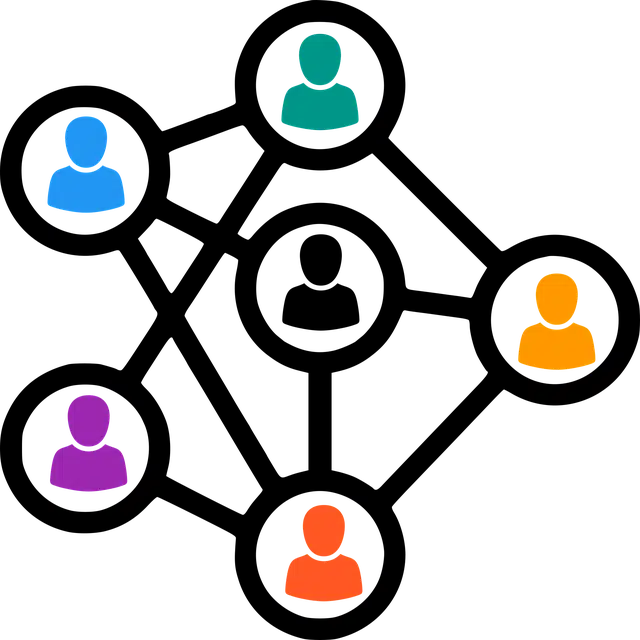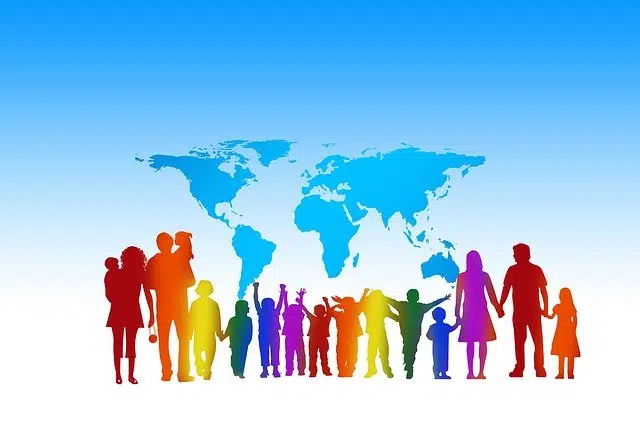
A social process develops from dynamic interactions.
Knowing the etymological origin of the two words that give shape to the term social process is essential in order to discover and understand its meaning. In this case, we can say that both derive from Latin:
-Process emanates from “processus”, which can be translated as “march” or “development”.
-Social, on the other hand, is the result of the evolution of “socialis”, which is equivalent to “relating to or belonging to the community of people”.
What is a social process
Processes are cycles that consist of different stages, in which certain state changes occur. In this way, at the end of the process, its protagonist is no longer the same as at the beginning.
Social , for its part, is that linked to society . This notion (society) is related to the group of subjects who maintain interactions and who have a shared culture, creating a community .
A social process , in short, is formed by a series of dynamic interactions that develop within a society . These processes can cause changes in the social structure.

Social processes affect the reality of a society.
The analysis of great thinkers
There are many authors who, throughout history, have studied and analyzed the different existing social processes. Specifically, one of the most important in this regard is Durkheim, who determined that the individual is a product of society and that education plays a fundamental role in ensuring that citizens integrate into society based on certain behaviors and ideas.
In the same way, we cannot forget the studies carried out on the social process by other figures such as Herrera Figueroa. This, for example, determined that the one and the subject are closely related since the individual, from the moment he is born, is part of a society, is a social being, and is united to what are the actions of the rest.
Max Weber, Berger and Luckman were other thinkers who also dedicated part of their work to the study and analysis of the social process, giving shape to concepts such as primary socialization and secondary socialization.
Social process, social reality and social relationship
What is understood by social reality includes people, groups and institutions, linked to each other through social relations (which may involve cooperation, opposition, competition, etc.). The different forms of interaction are classified by sociologists as social processes. The social process can be defined, therefore, as a form of behavior that appears repeatedly in a society.
An example of a social process is the commitment of many citizens to the protection of ecology . This process involves the interrelation of numerous people convinced of the need to achieve a change in society to conserve the environment . Based on these links, the community begins little by little to adopt new customs, aimed at reducing the impact of the ecological footprint.
Emigration can also be considered as a social process that causes changes in the structure of the place of origin and also of the place that welcomes immigrants .
